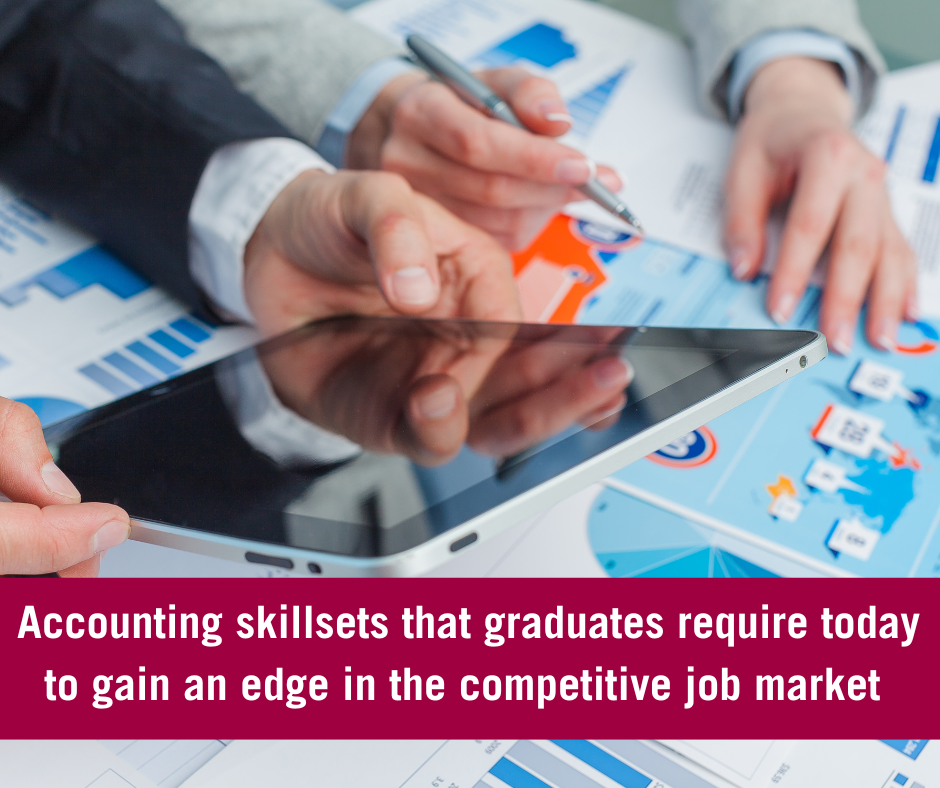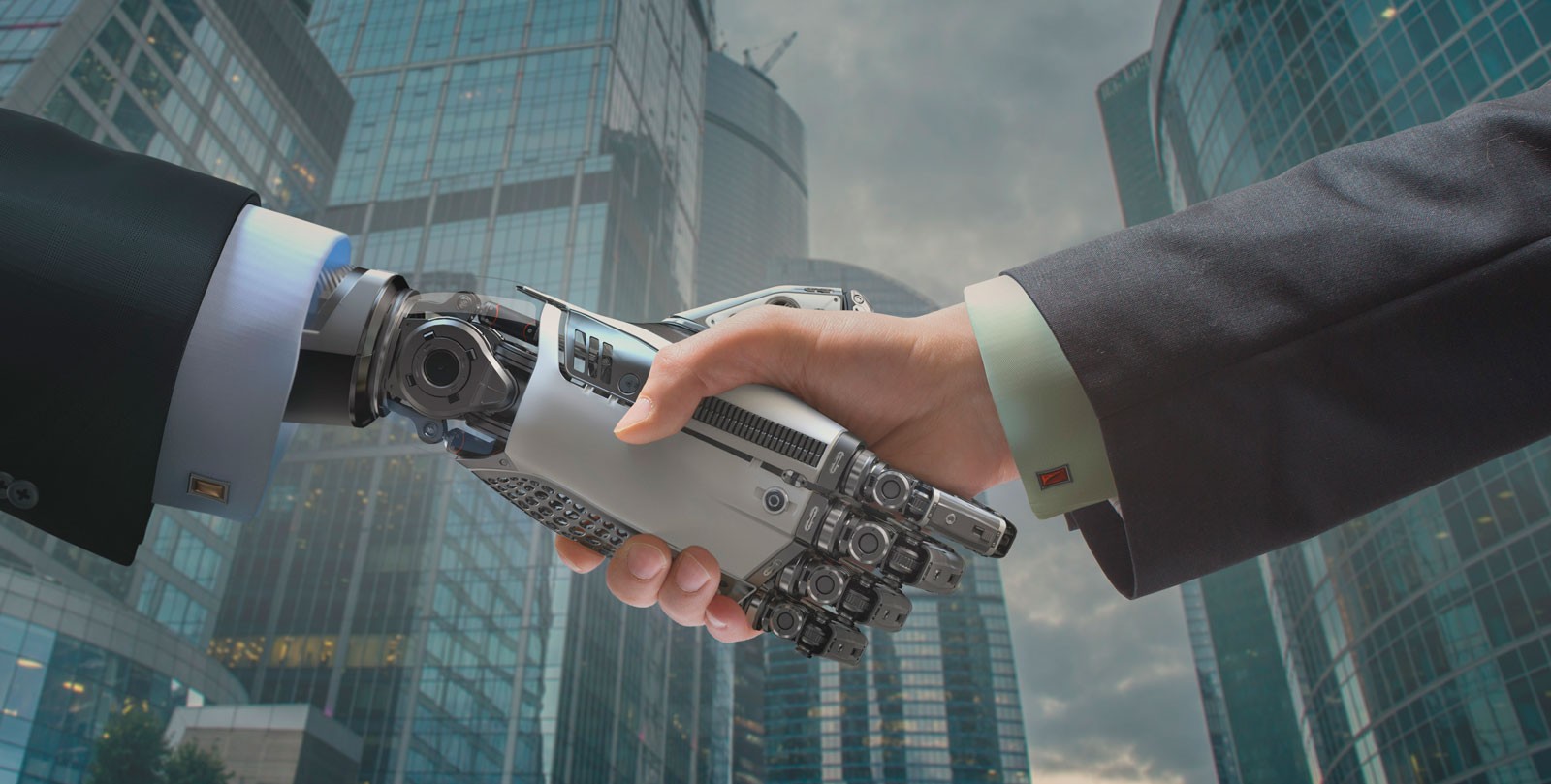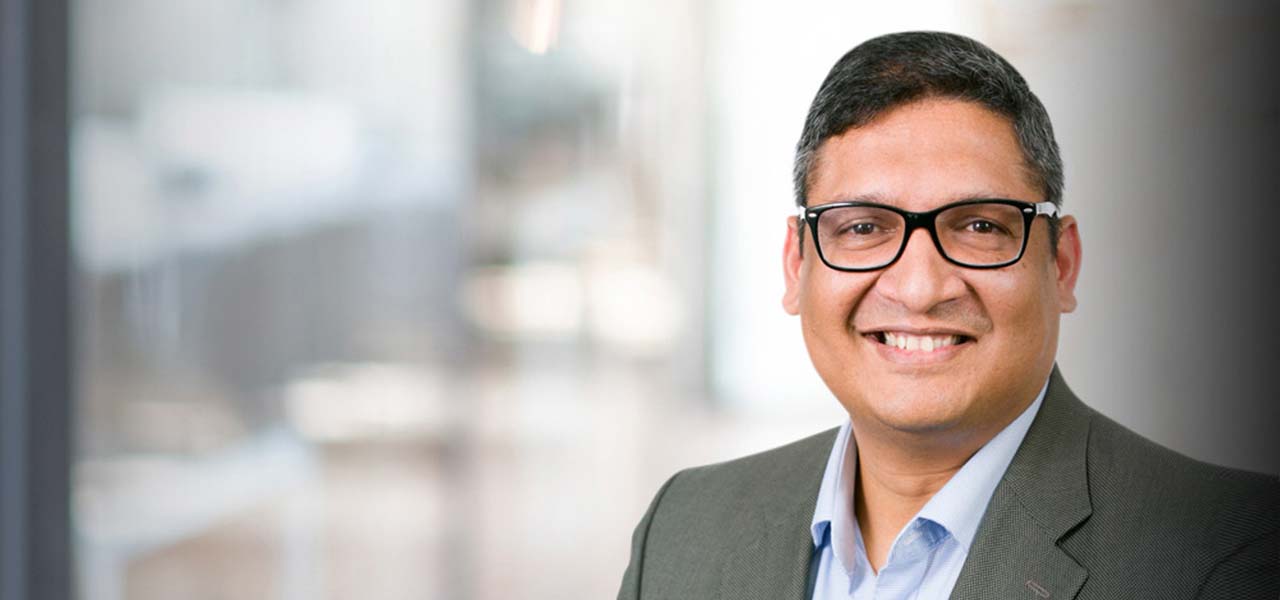Traditional accounting skills are no longer enough to stand out in today’s competitive job market. Instead, potential employers are looking for graduates who can operate in a digital environment and continually adapt to new ways of working.
“What is in high demand are accounting graduates with an analytical mindset, who are able to work with the latest software and have an understanding of how technology and analytical disciplines, such as machine learning, data visualisation, data analytics, and blockchain, can be used to drive business outcomes for their employers,” Richard Lowe, Managing Director and Group Chief Data Officer at UOB, says.
Lowe applauds Singapore Management University’s (SMU) School of Accountancy, which is ranked top in the world in three areas in the latest Brigham Young University Accounting Research Rankings, for placing a strong emphasis on teaching data and technology skills.
Its Master of Professional Accounting (MPA) programme includes core courses on data modelling and visualisation. The programme, which is accredited by 11 different government, academic and regulatory bodies, also offers electives covering areas such as machine learning, blockchain, and programming for business analytics.
Meanwhile, its Master of Science in Accounting (Data & Analytics) (MSA) programme is the first specialised Master’s degree in accounting and data analytics in Asia. It gives students the opportunity to acquire a deep knowledge of the application of data and technology in accounting, including how to analyse large volumes of data to uncover patterns and insights.
“By offering core subjects such as Python programming, machine learning, data visualisation, analytics and blockchain in both programmes, SMU is ensuring that future accounting postgraduates remain relevant and competitive in today’s employment market,” Lowe says.
“Not only are these skills in high demand and are highly marketable, they also demonstrate that the candidate has the right set of skills to operate effectively in today’s ever-changing technological landscape.”
In fact, a 2021 KPMG study found that C-suite executives want their tax departments to deliver data analytics and strategic guidance alongside tax and accounting expertise, but three out of four leaders said their current teams lacked the right mix of skills to be able to do so.
“This reflects the demand for greater tech capabilities and skills in accounting departments, and the importance for accounting professionals to constantly upskill to stay relevant,” Lowe says.
UOB has hired a number of Accounting postgraduates from SMU. “Many of the students under the MSA programme are experienced professionals in the finance and accounting field, who are reskilling and upskilling in data analytics. Upon graduation, they can hit the ground running because of their previous work experience and apply their newly gained data analytics skills from their postgraduate degree,” Lowe says.
Lowe is clearly not alone in valuing strong data analytics skills when recruiting accountancy graduates. In fact, 93% of MSA graduates and 83% of MPA graduates were employed within six months of graduation in 2022. Employment mobility has also increased, with most international graduates from both programmes securing a role in Singapore.
The SMU Career Services team offers significant support to help students secure a role upon graduation. Each of the programmes has a dedicated career coach that offers customised resume review and interview preparation. In addition, students can attend career workshops, career fairs, recruitment and industry talks and company visits organised by them.
MSA alumnus, Andy Lau shares his first-hand experience of how acquiring skills in data analytics and other technologies helped to boost his career. “In my previous roles in audit and accounting, I observed that there was increasing demand and emphasis on using data to make informed business decisions, as well as using technologies and tools to automate tasks to improve efficiency and accuracy,” he says.
After pursuing the MSA programme, he was able to make a smooth transition into a data scientist role. “The quality of SMU’s MSA program and incredible support from my professors helped me establish a strong foundation in machine learning, data analytics and programming. The programme equipped me with the essential skills to embrace new technologies to drive change, and turn data into actionable insights,” he says.
Lowe agrees that acquiring such skills through completing programmes such as the SMU MPA and MSA is a great way to build the necessary skills to progress your career as an accounting professional. “This is especially so if you want your skills and experience to remain relevant and future-proofed, as you will need to be proficient across your business domain, data analytics, and relevant industry technologies in order to drive better outcomes within your organisation. It’s also a great way for professional accountants to pursue a career change towards data analytics roles if they want,” he says.
In collaboration with efinancialcareers





